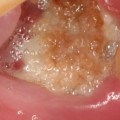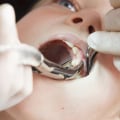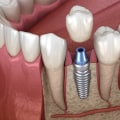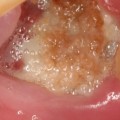Tooth extraction is a common dental procedure that many might need to undergo for various reasons, such as tooth decay, injury, or preparation for orthodontic treatment. A local dental practice can provide comprehensive guidance on what to expect before, during, and after the extraction. Before the procedure, your dentist will typically take X-rays and review your dental and medical history. It's crucial to inform your dentist about any medications you are taking or health conditions you have, as these can affect the extraction process and recovery.
During the extraction, the area around the tooth will be numbed with a local anesthetic to minimize discomfort. In more complex cases, like impacted wisdom teeth, a stronger anesthetic may be used. The dentist will then use specific tools to remove the tooth. You might feel pressure during this process, but it shouldn't be painful.
After the extraction, it's vital to follow your dentist's aftercare instructions carefully to ensure proper healing. These typically include resting for the remainder of the day, avoiding rinsing or spitting forcefully for 24 hours, and avoiding smoking, which can impede healing. For pain management, over-the-counter pain relievers are often sufficient. However, your dentist might prescribe medication if necessary.
Dietary adjustments are also important. Stick to soft, easy-to-chew foods for a few days post-extraction. It's crucial to maintain oral hygiene, but be gentle around the extraction site to avoid dislodging the blood clot that forms in the socket—a process critical for healing.
Lastly, be aware of signs of complications, such as excessive bleeding, severe pain, fever, or signs of infection. If you experience any of these symptoms, contact your local dental practice promptly for advice and possible treatment.
In conclusion, while tooth extraction can seem daunting, understanding the process and following your dentist's instructions can ensure a smooth and successful recovery. Your local dental practice is a valuable resource for any questions or concerns you might have about the procedure.






